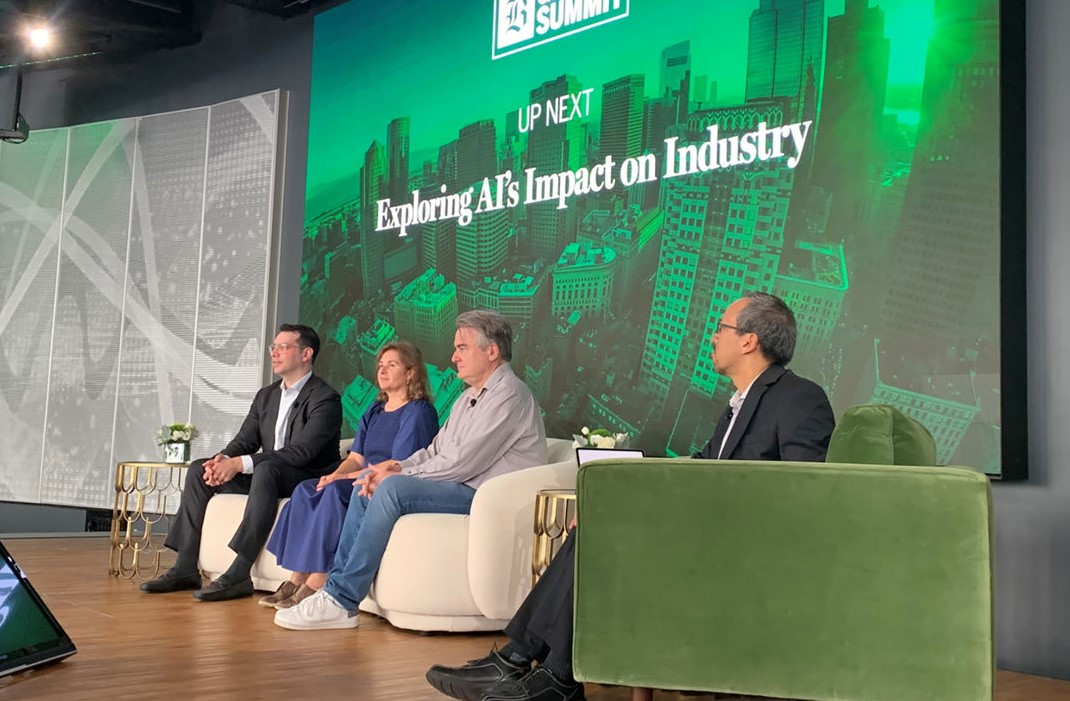-
- Find Care
-
- Visitor Information
- Find a Location
- Shuttles
- Visitor Policies
-
-
- Our Virtual Care Options
- Virtual Urgent Care
- Virtual Visits for Primary & Specialty Care
- Online Second Opinions
- Participate in Research
-
- Contact us
-
- For Innovators
- Commercialization Guide for Innovators
-
-
- Research News
- Alzheimer's Disease
- Artificial Intelligence
-
- Overview
-
- Overview
- Getting Started
- New to Mass General Brigham
- International Patient Care
- What Is Patient Gateway?
- Planning Your Visit
- Find a Doctor (opens link in new tab)
- Appointments
- Patient Resources
- Health & Wellness
- Flu, COVID-19, & RSV
- Billing & Insurance
- Financial Assistance
- Medicare and MassHealth ACOs
- Participate in Research
- Educational Resources
- Visitor Information
- Find a Location
- Shuttles
- Visitor Policies
- Find Care
-
- Overview
- Our Virtual Care Options
- Virtual Urgent Care
- Virtual Visits for Primary & Specialty Care
- Online Second Opinions
-
- Overview
- Participate in Research
-
- Overview
- About Innovation
- About
- Team
- News
- For Industry
- Venture Capital and Investments
- World Medical Innovation Forum (opens link in new tab)
- Featured Licensing Opportunities
- For Innovators
- Commercialization Guide for Innovators
- Contact us
-
- Overview
- Information for Researchers
- Compliance Office
- Research Cores
- Clinical Trials
- Advisory Services
- Featured Research
- Two Centuries of Breakthroughs
- Advances in Motion (opens link in new tab)
- Brigham on a Mission (opens link in new tab)
- Gene and Cell Therapy Institute
- Research News
- Alzheimer's Disease
- Artificial Intelligence
-
- Overview
-
- Overview
- Residency & fellowship programs
- Brigham and Women's Hospital
- Massachusetts General Hospital
- Mass Eye and Ear
- Newton-Wellesley Hospital
- Salem Hospital
- Integrated Mass General Brigham Programs
- Centers of Expertise
- Global & Community Health
- Health Policy & Management
- Healthcare Quality & Patient Safey
- Medical Education
- For trainees
- Prospective trainees
- Incoming trainees
- Current trainees
- Continuing Professional Development
At Globe Summit, Mass General Brigham Panelists Explore the Impact of AI
 Exploring AI’s Impact on Industry, left to right: panelists, Marc Succi MD, Daniela Rus and Paul English, and moderator, Greg Huang.
Exploring AI’s Impact on Industry, left to right: panelists, Marc Succi MD, Daniela Rus and Paul English, and moderator, Greg Huang.
There is tremendous enthusiasm for the transformative potential of artificial intelligence (AI). At this week’s Globe Summit, leaders from across the Mass General Brigham system discussed the impact of AI, offering insights into the challenges and opportunities of this cutting-edge technology.
Exploring AI’s Impact on Industry
In a session moderated by Greg Huang, business editor at the Boston Globe, expert panelists delved into the profound impact of AI across various industries. While generative AI offers unprecedented potential for enhancing productivity and efficiency, it also raises concerns, including job displacement, bias, and a sizeable environmental footprint. The good news, says Daniela Rus, Director of the Computer Science and Artificial Laboratory (CSAIL), MIT, is that the technical community is coming together to address these issues.
Panelists agreed that, at least for now, it’s best to think of AI as “kind of an assistant,” working in an assistive or augmentative capacity with human oversight. Marc Succi MD, Strategic Innovation Leader, Mass General Brigham, shared practical applications of AI in the healthcare sector, where low-risk AI tools are being deployed to augment care provided by a physician. Ambient note documentation, currently being tested at Mass General Brigham, allows a physician to use generative AI to create patient notes. These tools not only have the potential to reduce burnout among medical professionals but also increase patient access to quality healthcare services.
This is a very critical point in time for businesses, notes Rus. “We have a very valuable technology that can do so much, but many businesses have no idea how to leverage AI.” Drawing a parallel with the digital transformation of the 2000s, she pointed out that companies that were early adopters were the “winners” during that era. Embracing the AI transformation will be essential for businesses in all sectors to secure and maintain a competitive edge.
Watch Exploring AI’s Impact on Industry.
The Impact of Applied AI in Healthcare
 The Impact of Applied AI in Healthcare, left to right: panelists, Lecia Sequist MD, MPH, Alex De Nadai PhD, and Bharti Khurana MD, and moderator, Rebecca Mishuris MD, MPH.
The Impact of Applied AI in Healthcare, left to right: panelists, Lecia Sequist MD, MPH, Alex De Nadai PhD, and Bharti Khurana MD, and moderator, Rebecca Mishuris MD, MPH.
“AI is changing our lives, fundamentally, in all aspects,” says Rebecca Mishuris, MD, MPH, chief medical information officer for Mass General Brigham. One of the ways AI is profoundly transforming the way we live is through its integration into the healthcare space. Physicians and scientists across the Mass General Brigham system are on the front lines in the effort to responsibly and thoughtfully leverage artificial intelligence (AI) to improve healthcare.
When asked how AI will change healthcare in the next 3 to 5 years, Bharti Khurana, MD, director of the Trauma Imaging Research and Innovation Center at Brigham and Women’s Hospital, says she sees AI as an assistant but also as a “superhuman,” with the ability to detect things not visible to the human eye. Khurana later shares details about her work developing AI tools to detect intimate partner violence.
Alex De Nadai, PhD, director of the Data Science and Computational Medicine in the Division of Adolescent Psychiatry, McLean Hospital predicts that AI will be an important tool in reducing medical errors. Medical errors are the third leading cause of death in the U.S. and “by definition, these are preventable deaths,” says De Nadai. AI can quickly analyze vast amounts of medical data and identify inconsistencies or anomalies that might be indicative of errors.
“What we have to realize is that in medicine, there is so much data,” says Lecia Sequist, MD, MPH, program director of the Cancer Early Detection and Diagnostics Center, Mass General Cancer Center. “Really I think how AI is going to interface with medicine is in helping us sort through these mountains of data that we’re generating with our images, with our genetic testing, with all of these vital signs we collect over the years.” Sequist proposes that with AI we could do more than just look at that data as a moment in time, but understand more fully what is happening with patients’ health and potentially predict what might happen next.